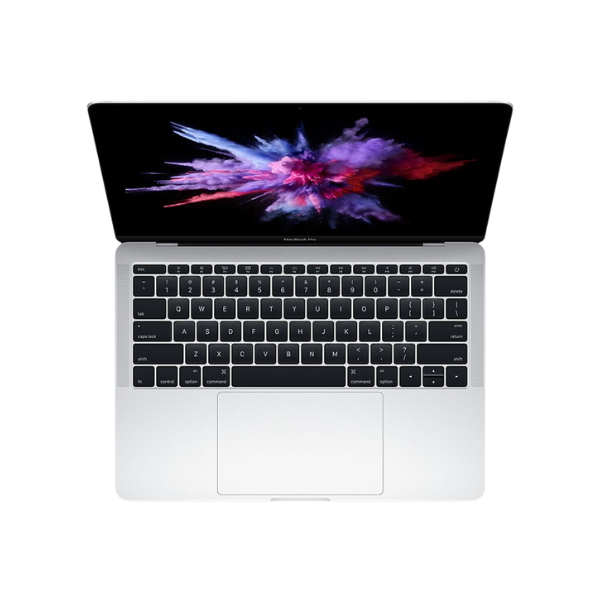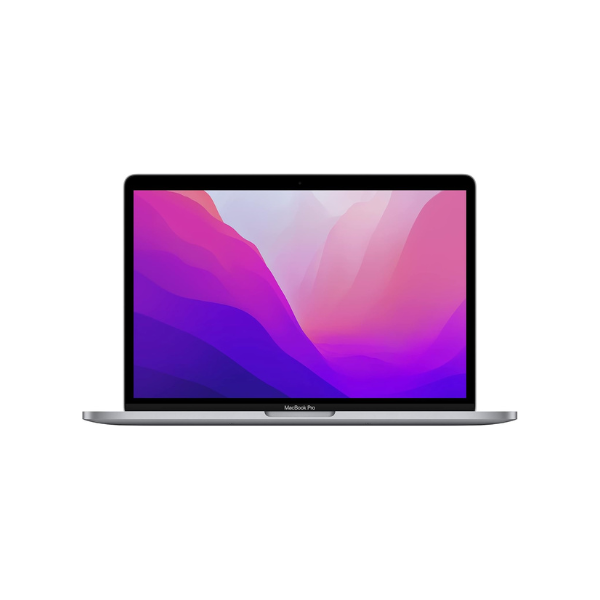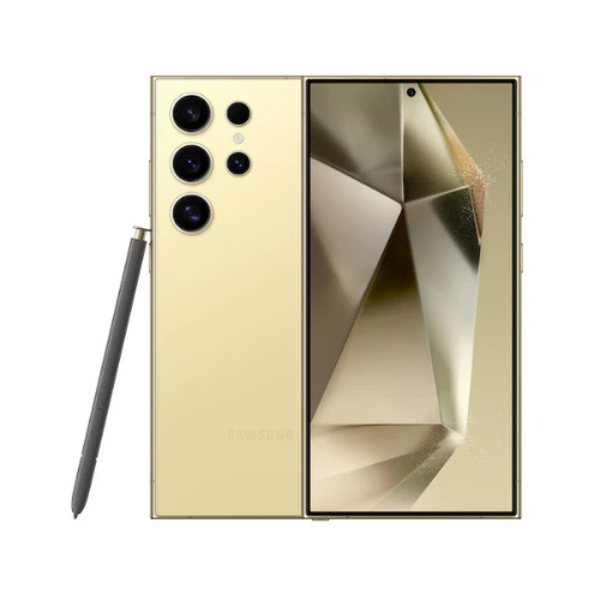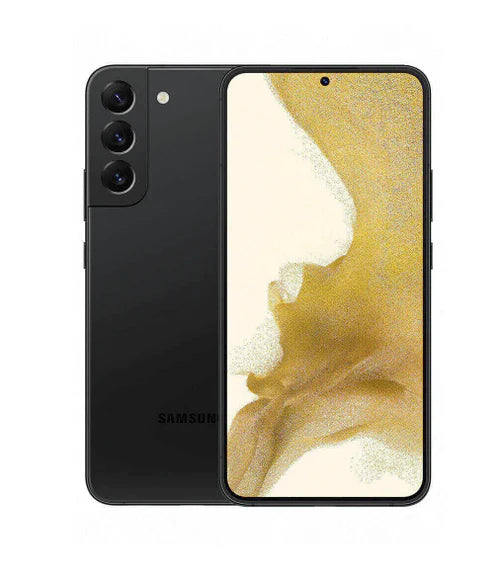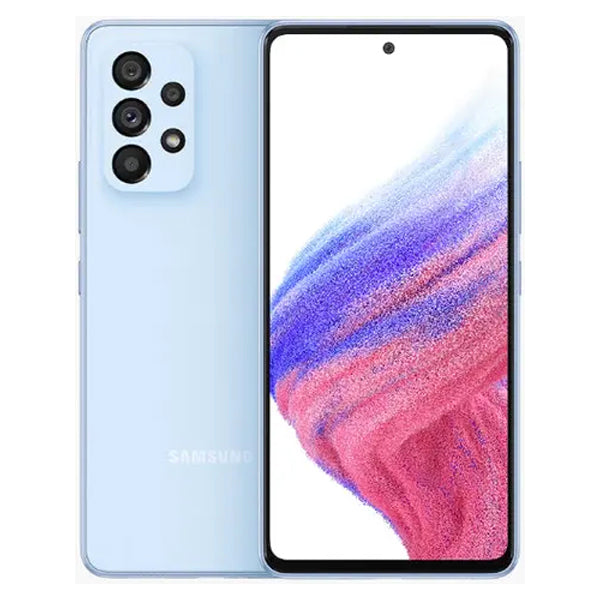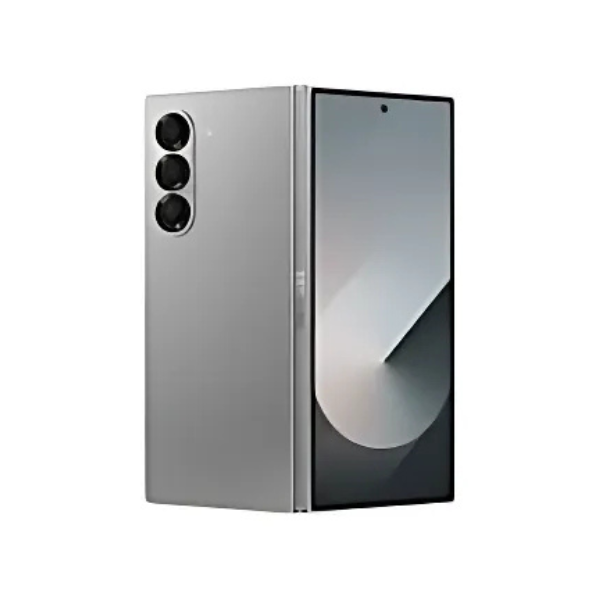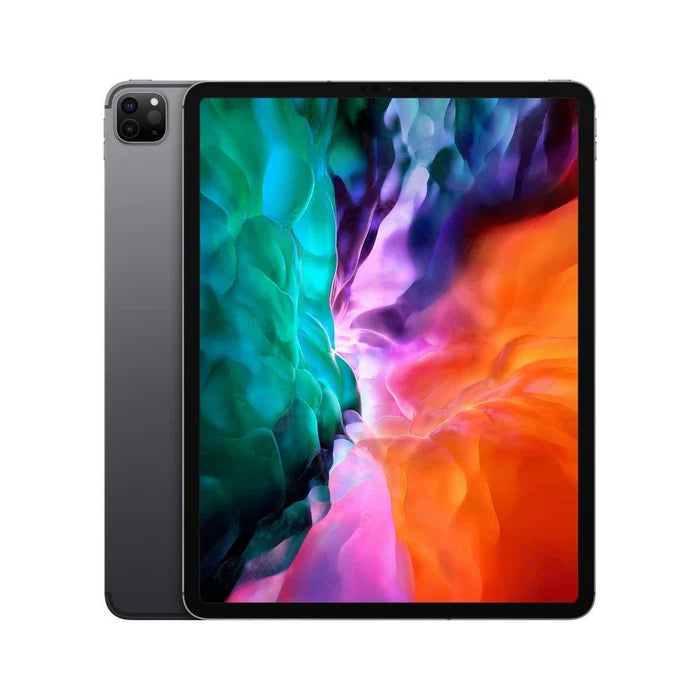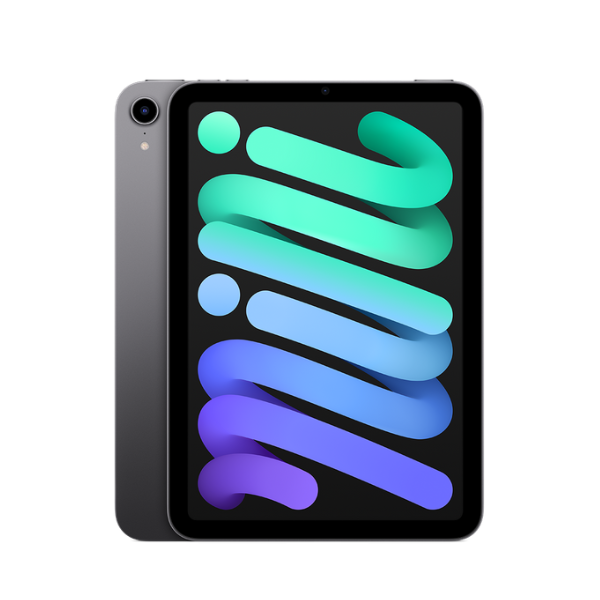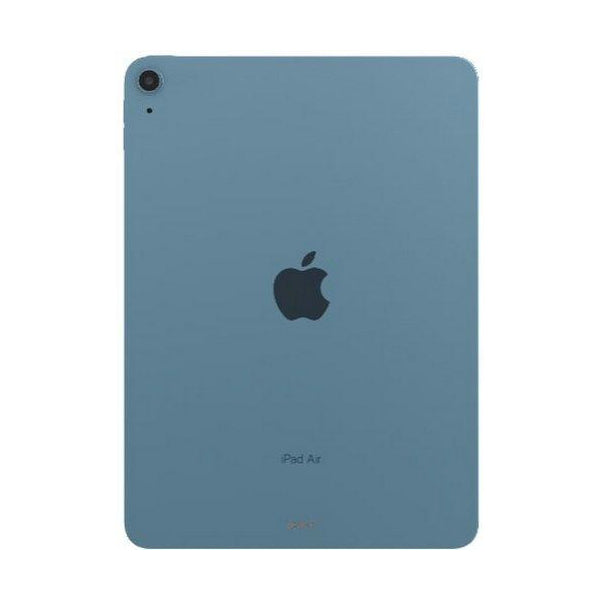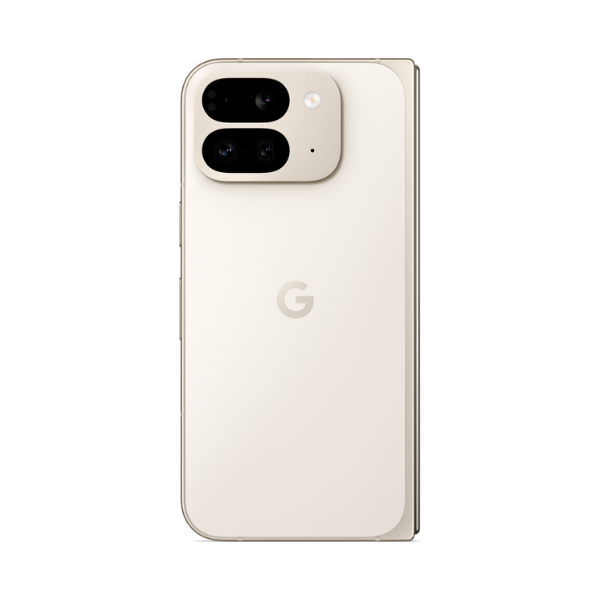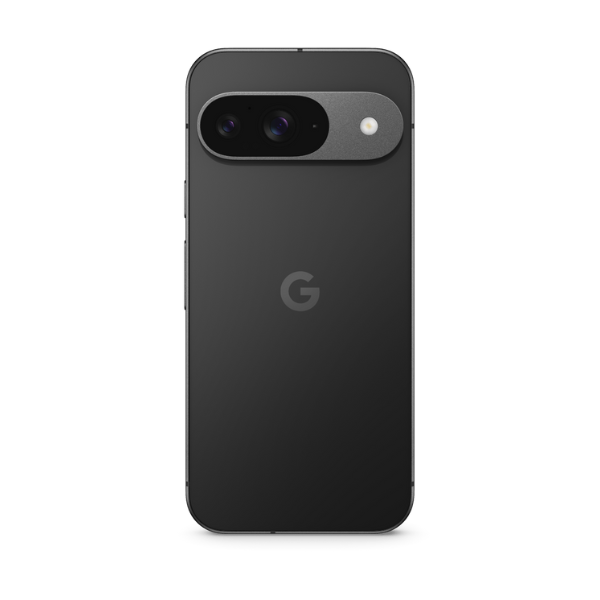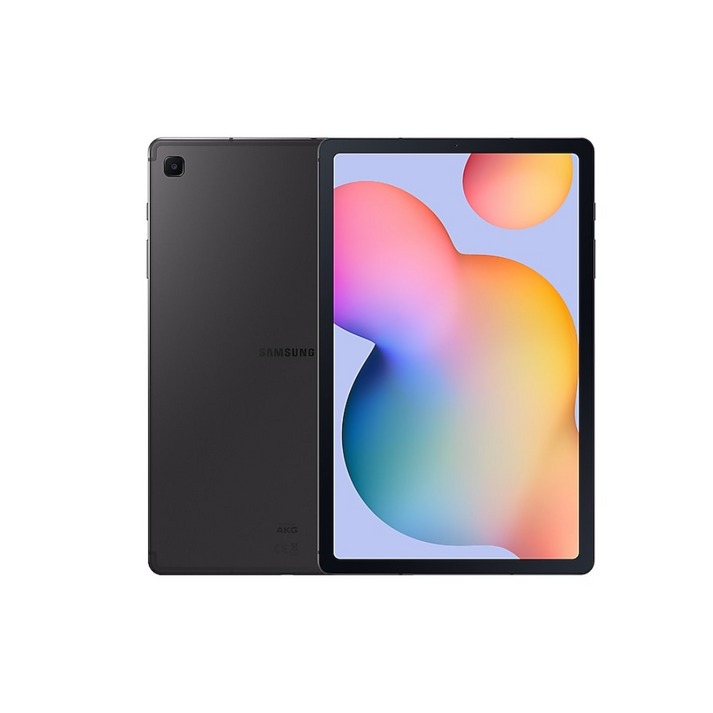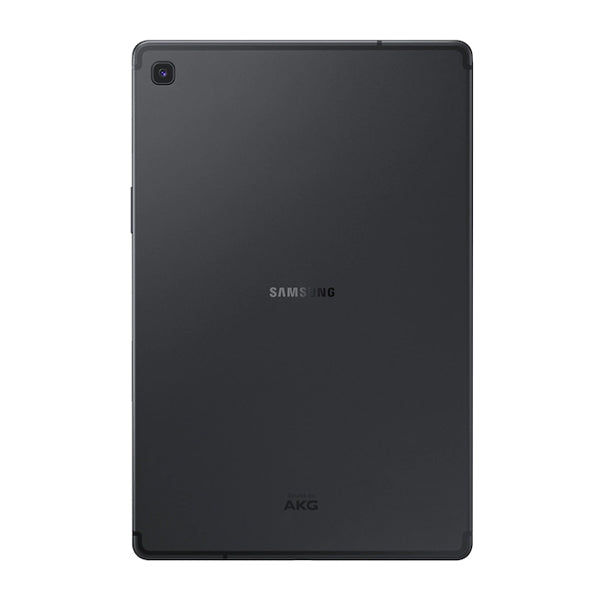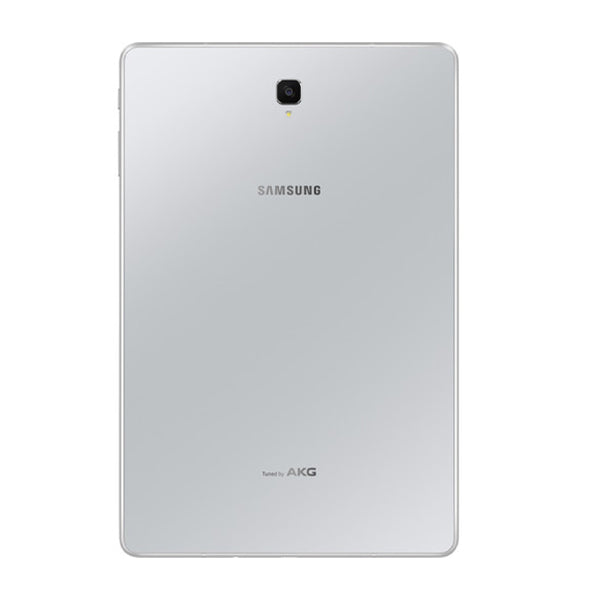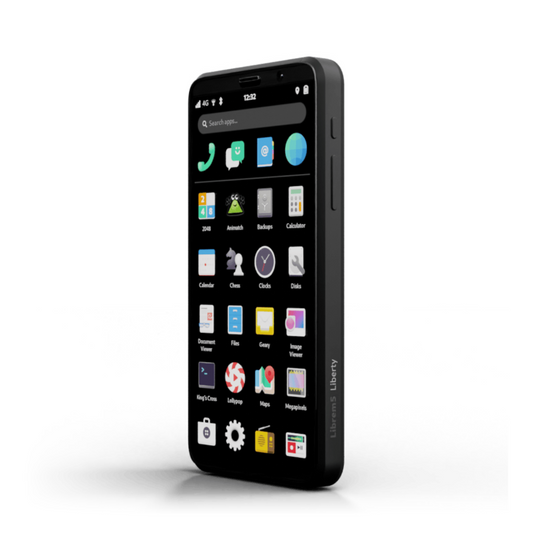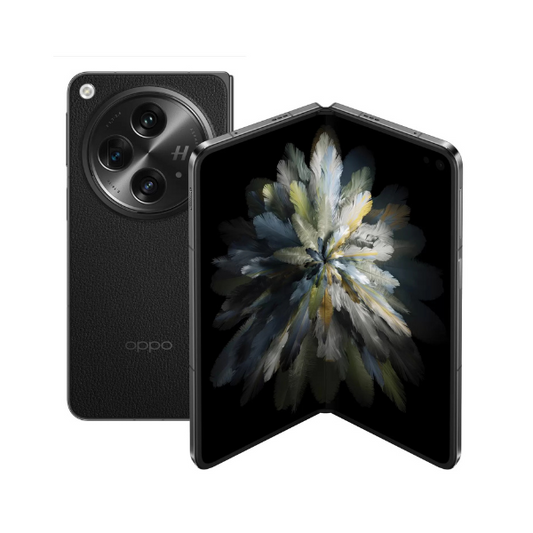Are you struggling to choose an iPhone or Samsung for your next smartphone purchase? The debate between these two brands has captivated smartphone enthusiasts for years due to their impressive features and high-quality specifications. This article comprehensively analyzes both brands to help you make an informed decision.
Design: iPhone vs. Samsung
Apple has maintained its sleek design for years, featuring a consistent home button, slim edges, and rounded corners. However, the iPhone X's design changed to feature an edge-to-edge display with a notch.
In contrast, Samsung consistently incorporates curved edges and progressively larger displays with each new release. They have incorporated curved glass and metal casing into their design language, although they have faced criticism for resembling Apple's design elements, including the notch.
Display: iPhone vs. Samsung
When assessing the display quality of iPhone and Samsung smartphones, it is crucial to consider various factors. Both Apple and Samsung offer HDR displays that deliver a captivating visual experience with exceptional quality. However, certain distinctions separate them.

a) Type of Display
Apple utilizes an XRD OLED display, whereas Samsung incorporates an AMOLED display with an additional layer of TFTs. Samsung's AMOLED display delivers vibrant colors, accompanied by deep blacks, whereas Apple's XRD OLED display ensures precise and lifelike colors. Both displays provide exceptional visual quality, ensuring an outstanding viewing experience.
b) Brightness
Apple and Samsung smartphones have HDR displays with similar peak brightness, providing bright and vivid visuals in any lighting. Samsung devices have a higher maximum brightness than Apple's, which is useful for outdoor use on sunny days.
c) Protection
Samsung typically uses Gorilla Glass for its phones, which strengthens as the price increases. On the other hand, Apple uses Ceramic Shield for all its phones, regardless of price. Despite the difference in materials, both types of protection are equally effective in preventing cracks or scratches.
d) Refresh Rate
Samsung offers faster refresh rate panels, with options like the Galaxy A53 5G and Galaxy S22 series having a smooth 120Hz display. In contrast, the iPhone 14 and iPhone 14 Plus have a standard 60Hz display, while only the iPhone 14 Pro models offer a 120Hz display. That means that Samsung devices provide a smoother visual experience than Apple's.
Chips: iPhone vs. Samsung
The chipset is crucial for mobile phone performance. Apple and Samsung, top smartphone manufacturers, develop their chipsets. Let's compare the differences between iPhone and Samsung phone chips:
a) CPU Performance
The CPU operates the device's OS and apps. The iPhone's A15 Bionic processor beat the Qualcomm Snapdragon 8 Gen 1 and Samsung Exynos 2200 in Geekbench 5 single-core and multi-core CPU tests. The latest iPhone 14 Pro and Pro Max's A16 Bionic will outperform the Snapdragon 8 Gen 2 in Samsung's S23 series.
b) GPU Performance
The GPU renders graphics in mobile games and applications. Samsung is known for better GPU performance, which is ideal for high-resolution mobile games. Testing showed Galaxy S22 Ultra with Snapdragon had better results in 3DMark and GFXBench than iPhone's A15 Bionic chipset.
c) Gaming Potential
Samsung's Snapdragon 8 Gen 2 chipset in the S23 lineup surpasses Apple's iPhone 14 Pro and Pro Max in gaming potential. The chipset's superior GPU performance will enhance the gaming experience for Samsung users, but its sustainability in retail handsets is yet to be determined.
d) Affordability
Samsung offers budget options that Apple does not, allowing users to enjoy powerful chipsets without spending too much. Apple and Samsung both have high-performance chipsets, with Apple offering better CPU performance and Samsung providing better GPU performance for gaming. The decision between the two depends on personal preferences and needs.
Camera: iPhone vs. Samsung Phones
Camera quality is crucial when selecting a smartphone, as we prioritize capturing and sharing our daily experiences. Let's explore the differences in camera quality between iPhone and Samsung phones.
a) Number of Cameras
The number of cameras included in iPhones and Samsung phones varies. Samsung's phones, even the more affordable ones, come with at least three primary, macro, and ultrawide cameras that can capture different perspectives. However, to have more than one 12MP camera, iPhone customers must upgrade to a flagship model like the iPhone 14 Pro Max has three cameras.
b) Camera Specs
The Latest Samsung S23 Ultra has a powerful quad-camera system with a 200MP shooter, a 10MP periscope camera, a 10MP telephoto lens, and a 12MP ultrawide lens, providing excellent image quality and in-depth control. On the other hand, the iPhone 14 Pro Max has a 48MP sensor and a 6x optical zoom range achieved through the 0.5x ultrawide and 3x optical telephoto to achieve this zoom range.

c) Front Camera Placement
The front camera placement is different between the two brands. The Samsung Galaxy S22 has a center-aligned 40MP punch-hole selfie shooter, while the iPhone 14 series has a traditional notch design with a 12MP lens as part of the 14 Pro's Dynamic Island setup.
d) Image and Video Quality
iPhone and Samsung phones have excellent picture quality for capturing images and videos. However, there are differences in their image processing algorithms. Samsung cameras produce brighter, more saturated images, while Apple's produces more natural-looking images. Samsung phones also have better video stabilization compared to iPhones.
Battery: iPhone vs. Samsung
Apple's iPhone and Samsung's Galaxy series have notable differences in battery life and charging speeds when comparing their latest flagship models.
a) Battery Capacity
The vanilla iPhone 14 has a smaller battery (3,279mAh) compared to the Samsung Galaxy S22 (3,700mAh), while the premium models, iPhone 14 Pro and S22 Ultra, have even bigger differences in battery size (3,200mAh vs 5,000mAh).
Charging Capabilities
Samsung devices generally have faster-wired charging speeds than Apple's counterparts. For example, the S22 Plus can be fully charged in just over 50 minutes, while the iPhone 14 Pro takes around 80 minutes. The iPhone 14 supports 7.5W wireless charging, while the S22 Plus offers 15W wireless charging. However, it's important to note that Samsung's latest flagships have seen a downgrade in wireless charging compared to their previous models.
a) Battery Performance
The Samsung Galaxy series is better than iPhone in terms of battery performance. Samsung’s S22 Plus model provides exceptional battery life and fast charging speeds. On the other hand, the iPhone 14 Pro's battery capacity is smaller. Apple faces challenges maintaining adequate battery life during continuous usage compared to the S22 Ultra.
b) Budget Options
The Samsung Galaxy’s budget-friendly models A53 5G and A13 5G have 5,000mAh battery. Despite lacking premium specifications like their flagship counterparts, these Samsung models provide reliable battery life for extended usage. However, the reasonably priced iPhone SE has a 2,000mAh battery. Only the latest and most expensive models, like the iPhone 13/14 series, have an improved battery.
Operating System: iPhone vs. Samsung
In the smartphone industry, Apple and Samsung are the top brands. Let's examine and contrast their characteristics, privacy, and update systems.
a) Ease of Use: iPhone Takes the Lead
Apple's iOS is easy to use and has a very user-friendly interface, making it suitable for users. On the other hand, Samsung's Android is more customizable but may take time to get used to.
b) App Store: Security and Quality Come First
The App Store has strict standards for apps, ensuring they are rigorously tested and high quality. That guarantees safety, unlike the more lenient Google Play Store, which has encountered malicious apps.
c) Security and Privacy: Apple is a Safe Bet
Apple prioritizes security with a "walled garden" approach, controlling software and hardware. iPhone users benefit from strong security measures like Touch ID, Face ID, encryption, and two-factor authentication. Apple also stores user data locally, safeguarding it from third-party access. In contrast, Samsung's open-source approach poses potential security risks due to decentralized control.
d) Updates: Apple Takes the Upper Hand
Apple releases updates to make older iPhone models compatible with the latest software. For example, iOS 15 works with iPhone 6s and later models. Apple regularly releases updates to keep the System up to date with innovations and security patches. In contrast, Samsung provides fewer updates, with four major updates and five years of security patch support for their devices.
e) Customization: Samsung Takes Center Stage
The Android OS is more flexible in personalization than iOS, with themes, launchers, and widgets all available in the Google Play Store. In contrast, you're limited to changing backgrounds and reorganizing app icons on iOS.
Lineup: iPhone vs. Samsung
Apple and Samsung both provide various phones at various pricing points. Let's take a look at the iPhone and Samsung product lines.

1) iPhone Lineup
The iPhone series from Apple has won recognition for its superior build quality, stylish appearance, and powerful functionality. It offers several options in terms of size, cost, and features. There are three distinct sizing options available, including "Regular," "Plus/Max," and "Mini."
The normal versions have a moderately sized screen. However, the Plus/Max variants, like the iPhone 14 Pro Max, have a significantly bigger display and additional functionality. The iPhone 14 series are new to the lineup. They come with amazing capabilities and unique design elements.
2) Samsung Lineup
Samsung offers various smartphones with different features, sizes, and prices. The S series is the most premium, with advanced features like multiple cameras and powerful processors. The Z series has foldable displays for a tablet-like experience. The A series includes mid-range and budget smartphones with varying features and prices.
Storage: iPhone vs. Samsung
Storage capacity is an important factor to consider when buying any smartphone. We have compared iPhone and Samsung storage options to help you make the right choice.
a) iPhone Storage Options
The latest iPhone models, such as the iPhone 13 and iPhone 14 series, offer four storage options: 128GB, 256GB, 512GB, and 1TB. The default option is 128GB, but users can upgrade to higher options if they need more space. Power users can choose the 512GB or 1TB options for ample storage. However, the drawback is that iPhone storage cannot be expanded internally, but iCloud can be used for extra space.
b) Samsung Storage Options
The internal memory capacities of Samsung's smartphone series cover much ground. The Galaxy A series has 64GB or 128GB of storage, whereas the Galaxy S23 series offers 1TB. If you are a photographer, go for the Galaxy S23 series, which can hold up to 250,000 images.
Ecosystem: iPhone vs. Samsung
Smartphone ecosystems integrate software, hardware, and services for a unique device user experience.
a) Ecosystem of iPhone
Apple's iOS ecosystem provides users with a seamless experience by integrating devices, software, and services. The primary advantages of the ecosystem are AirDrop and the ability to transition between devices when composing emails seamlessly. Siri, iCloud, and Apple Music are included to enhance the user experience.
b) Ecosystem of Samsung
Samsung's Android-powered Ecosystem includes various products, from mobile phones and tablets to smartwatches and other wearables. Samsung's SmartThings software allows customers to manage and operate various Samsung appliances easily.
You can operate TVs, smart refrigerators, and security cameras from your Samsung smartphones. The ability to fully personalize the Ecosystem interface is what sets Samsung apart. Moreover, users can easily adjust their interface by changing colors, icons, and layouts.
Comparing the Latest iPhone and Samsung Galaxy Models
The iPhone 14 and Galaxy S23 are the latest smartphones with significant differences. Below we have compared their similarities and differences:

a) Design and Display
The iPhone 14 and Samsung Galaxy S23 boast sleek designs and feature high-quality displays. The iPhone 14 Plus features a 6.7-inch OLED Super Retina XDR display, while the iPhone 14 Pro Max boasts a slightly larger 6.9-inch Super Retina XDR display. The Samsung Galaxy S23 is available in a range of sizes, from 6.1 to 6.8 inches. Both models feature a 120Hz refresh rate. However, the iPhone 14 has a unique Action Mode to minimize blurriness in video recordings.
b) Camera Quality
Both the iPhone 14 and Samsung Galaxy S23 boast cutting-edge camera technology. The iPhone 14 has a 48MP sensor and a triple-lens camera system. The Samsung S23 Ultra has a 10x zoom capability without losing quality.
c) Performance
The iPhone 14 and Samsung Galaxy S23 models boast powerful processors, delivering exceptional performance and speed. The iPhone 14 has the A16 Bionic chip, while the Samsung Galaxy S23 models feature Qualcomm's Snapdragon 898 or Exynos 2200 chips, guaranteeing enhanced speed and extended battery life.
d) Battery Life
Both brands place a high emphasis on battery life. The iPhone 14 has a 3,700mAh capacity battery, while the Samsung Galaxy S23 and S23 Plus models feature a 4,000mAh battery. The S23 Ultra, on the other hand, boasts an impressive 5,000mAh battery.
e) Price and Affordability
The price frequently plays a crucial role in purchasing a smartphone's decision-making process. Both the iPhone 14 models and the Samsung Galaxy S23 models have a starting price of $799. However, the older model is generally considered to be more expensive. Consumers can select a model that aligns with their budget and preferences, as each model is priced differently. You can visit Roobotech to find high-quality refurbished smartphones at affordable prices.
What makes Roobotech Australia's leading source for refurbished iPhones?
Roobotech is a well-known brand in Australia for getting the best and high quality refurbished smartphones. You can also look for multiple day-to-day accessories, like chargers, headphones, cables, etc, for your daily use. The reason why Roobtech stands apart from its competitors is that specialized professionals rigorously test their devices. Moreover, they offer competitive prices for budget-conscious buyers. Their comprehensive warranty and excellent customer support team do an amazing job providing their customers with the best. They also make sure to deliver the products as soon as possible. So what else do you want? Check out Roobotech and get a new high-quality smartphone at a low price!
Conclusion
Ultimately, customers should consider their tastes while deciding between Apple and Samsung. Considerations like privacy, upgrades, and device compatibility must all be considered before making a final choice. Samsung offers a wide selection of phones at more affordable prices than the iPhone. When choosing, it's crucial to consider things like brand preference, hardware preferences, and price range. Selecting a gadget that makes you happy and meets your needs is important. With the help of this comparison guide, you can make a wise decision now!
Frequently Asked Questions
iPhone vs. Android, which phone has the more user-friendly interface?
The iPhone has the most user-friendly and intuitive interface. However, Android offers more customization options and flexibility.
What are the disadvantages of having an iPhone?
The iPhone is a high-priced smartphone with limited customization choices and batteries that cannot be removed. In addition, it has no storage that can be expanded and is renowned for its fragility.
Which processors are superior, Apple or Samsung?
Apple's hardware and software integration makes the iPhone processors more powerful than Android phones.
Which is the better option: Samsung or iPhone?
It depends on the customer’s basic needs. Samsung phones come with excellent cameras, long-lasting batteries, and vibrant displays. On the other hand, the iPhone offers excellent software support and data security. So you can choose the one that will give you a worthy experience.



